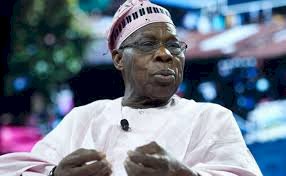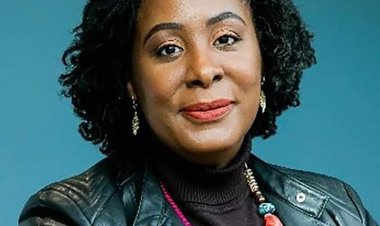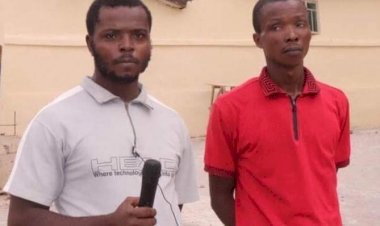Biafra Civil War: Obasanjo, Kukah, Others To Speak At Confab

The former President Olusegun Obasanjo, Bishop of Sokoto Catholic Diocese, Rev. Matthew Kukah, and others are expected to gather this week to discuss the events surrounding the Nigerian-Biafra Civil war.
The conference titled, “Never again Conference: 51 years after the Nigerian-Biafra civil war” which would hold virtually will examine the issues and circumstances that led to the Civil War and take a position on how to unite the nation.
Addressing a virtual press conference on Sunday, the Chairman Conference Planning Committee, Prof. Pat Utomi, said prominent personalities such as the First Republic Minister, Chief Mbazulike Amaechi; Tanko Yakasai,; Mr. Peter Obi; Dr Hakeem Baba-Ahmed; Senator Shehu Sani; Lady Onyeka Onwenu; Amb. Godknows Igali; Alhaji Ahmed Joda, Prof Ladi Hammalai and Mrs. Charity Shekari would be part of the conference.
Utomi said the forum would initiate a roadmap for national development by dissecting the challenge of nation-building 51 years after the civil war as well as the much canvassed restructuring, marginalization, equity, fairness and justice in the country.
“The conference is also aimed to underscore the lessons of the civil war and more especially to promote nation building, forgiveness, healing, reintegration, stability, and national cohesion. We also want to use the occasion to call for national reflection and encourage bridge building among Nigeria’s racial groups.
“We believe that the time has come for a robust interrogation of the causes of the Nigerian-Biafran War in order to identify the fault lines that have retarded national cohesion and growth.
“The “Never Again Conference” is the brainchild of Nzuko Umunna, a pan-Igbo socio-cultural organization with members spread across all corners of the world. This year, Nzuko Umunna is collaborating with Njenje Media to deliver the conference.
“The conference is a sequel to the highly successful ‘Handshake Across the Niger’ conference which celebrated the many shared but often ignored values and interests between Nigeria’s racial groups as epitomised by their age-long peaceful coexistence and robust relationships,” he said.


















































